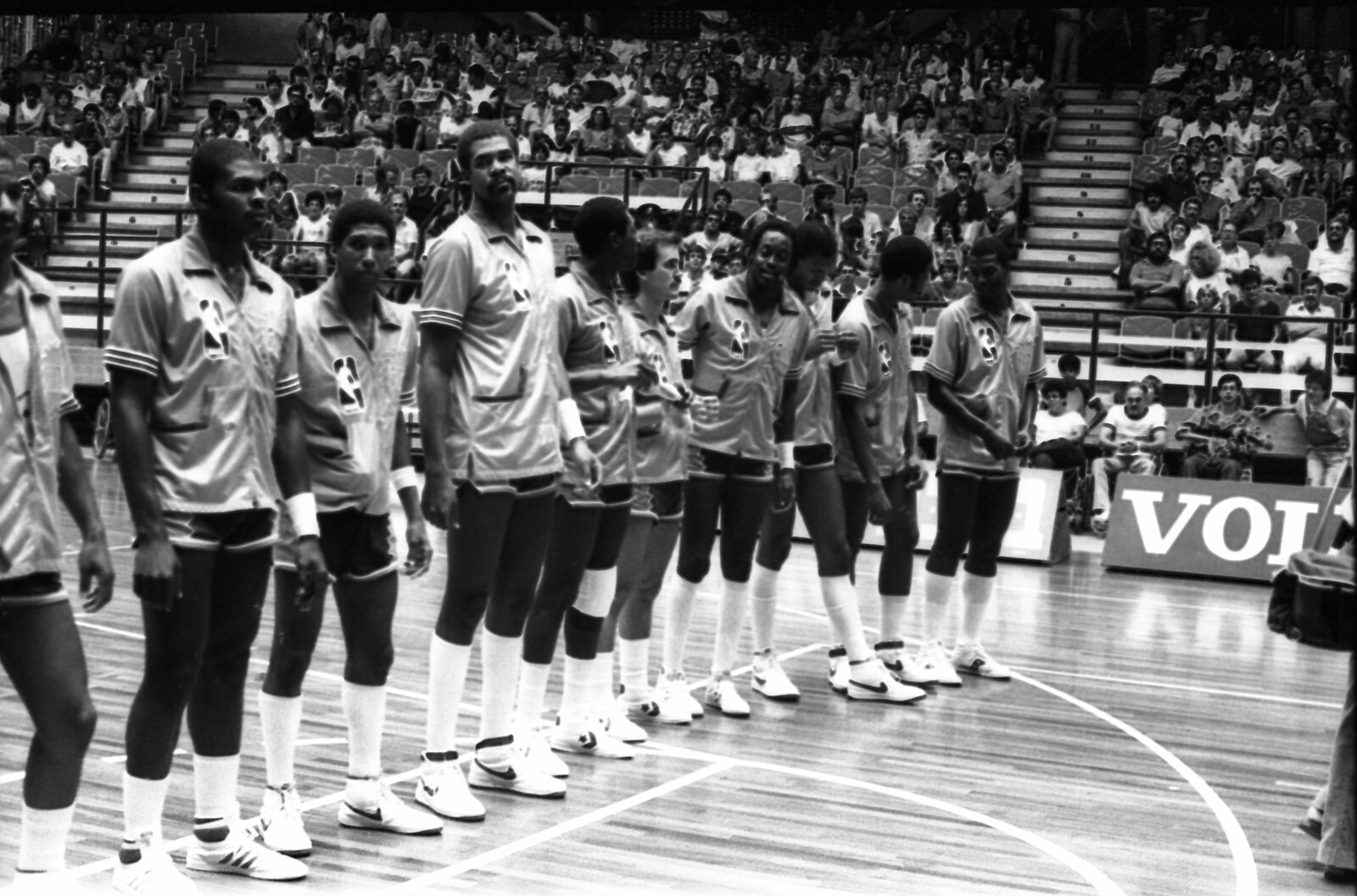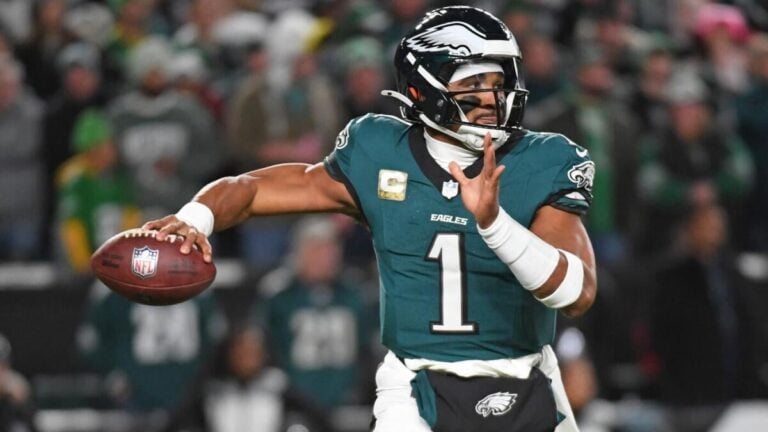
The Phoenix Suns and owner Ishbia sued by minority owners for access to internal team records marks the sixth lawsuit against the franchise in two years. CEO of Kisco Senior Living Andy Kohlberg and President of Kent Circle Partners Scott Seldin filed the Delaware lawsuit on August 21st, alleging Mat Ishbia has refused to provide transparency regarding team operations and financial decisions. The minority owners are seeking $825 million for their combined stake, valuing the franchise near $6 billion.
Background and Ownership Structure
Mat Ishbia acquired controlling ownership of the Phoenix Suns in 2023, purchasing the franchise from former owner Robert Sarver for $2.28 billion. The transaction gave Ishbia a 57% controlling stake after he bought 14 of the 16 previous ownership group shares. Kohlberg and Seldin represent the only two minority owners who remained from the previous ownership structure under Sarver’s leadership.
The ownership transition occurred amid significant scrutiny of Sarver’s tenure, which ended following investigations into workplace conduct issues. Ishbia’s acquisition was positioned as a fresh start for the organization, promising improved leadership and substantial investment in both the Suns and Phoenix Mercury. The new owner committed to building championship-caliber teams while maintaining first-class operations across both franchises.
Prior to this lawsuit, the Phoenix Suns faced five other legal challenges over the past two years, all involving current or former employees. These previous cases highlighted ongoing organizational tensions and workplace culture issues that have persisted through the ownership transition. The current lawsuit represents the first legal challenge from within the ownership group itself since Ishbia’s takeover.
Key Developments in the Suns and Owner Ishbia Lawsuit
The lawsuit centers on allegations that Ishbia has systematically denied minority owners access to internal records and financial information they claim they are legally entitled to review. Kohlberg and Seldin’s legal team argues that transparency with minority owners is not optional and represents a fundamental requirement of their ownership agreement. The minority owners express particular concern about Ishbia’s approach toward minority stakeholders and his handling of various spending decisions and capital raises.
Central to the dispute are allegations that Ishbia may have entered into undisclosed side deals with other members of the Suns organization. These concerns became particularly relevant during a capital call when Kohlberg was seeking a buyout from the team. The minority owners claim they need access to records to properly evaluate these potential arrangements and their impact on franchise operations.
- Lawsuit filed in Delaware court on August 21st with redacted version becoming public
- Minority owners seeking $825 million valuation for their combined stake in franchise
- Allegations include undisclosed side deals and lack of financial transparency from Ishbia
- Phoenix Mercury’s $100 million practice facility funding arrangement under scrutiny
- Legal representation provided by Quinn Emanuel attorneys Michael Carlinsky and Michael Barlow
Broader Context of NBA Ownership Disputes
Ownership disputes within professional sports franchises have become increasingly common as team valuations continue to rise dramatically across major leagues. The NBA has experienced several high-profile ownership conflicts in recent years, often involving minority stakeholders seeking greater transparency or attempting to cash out at premium valuations. These disputes typically center on access to financial records, decision-making authority, and fair market valuations for ownership stakes.
The Phoenix Suns situation reflects broader trends in professional sports ownership, where controlling owners make substantial investments in facilities, player salaries, and operations that may not align with minority owners’ financial expectations. The $100 million Phoenix Mercury practice facility represents the type of significant capital expenditure that can create tension between majority and minority stakeholders. Such investments often require additional capital contributions or debt financing that minority owners may question without full transparency.
Recent NBA franchise sales have established new valuation benchmarks, with teams regularly selling for multiples of their previous transaction prices. The minority owners’ $825 million valuation demand would place the Suns’ total worth near $6 billion, representing a substantial increase from Ishbia’s $2.28 billion purchase price just two years ago. This dramatic appreciation reflects both market dynamics and Ishbia’s investments in team operations and facilities.
Implications and Risks for the Suns Organization
The ongoing legal battle creates potential distractions for the Suns organization as it attempts to compete at the highest levels of professional basketball. Ownership disputes can impact team operations, player morale, and front office decision-making, particularly when they involve questions about financial resources and long-term stability. The lawsuit’s public nature may also affect the franchise’s reputation among players, fans, and potential business partners.
Financial implications extend beyond the immediate legal costs, as the dispute could impact the team’s ability to make aggressive moves in player acquisition or facility improvements. If the minority owners succeed in their transparency demands, it could set precedents for other NBA ownership groups regarding information sharing and decision-making processes. The $825 million valuation demand also establishes a significant financial benchmark that could influence future ownership transactions across the league.
The legal proceedings may also affect Ishbia’s plans for continued investment in both the Suns and Mercury franchises. His stated commitment to exceeding luxury tax thresholds and maintaining first-class operations could face scrutiny if minority owners gain access to detailed financial records. The outcome of this dispute will likely influence how other NBA controlling owners manage relationships with minority stakeholders and handle transparency requirements.
What’s Next for the Legal Proceedings
The Delaware court system will now review the merits of the minority owners’ claims regarding access to internal records and financial information. Delaware corporate law generally favors transparency and minority shareholder rights, potentially giving Kohlberg and Seldin’s legal team advantages in pursuing their demands for information access. The court will need to determine what level of transparency Ishbia must provide and whether his current disclosures meet legal requirements.
Ishbia’s legal team has indicated they will vigorously defend against what they characterize as intimidation tactics and unjustified buyout negotiations. The defense strategy appears to focus on arguing that all required disclosures have been made and that the minority owners are attempting to use litigation to force favorable buyout terms. This approach suggests the case may involve extensive discovery proceedings and detailed examination of the ownership agreement terms.
Resolution of the dispute could take several paths, including court-ordered mediation, settlement negotiations, or a full trial on the merits of the transparency claims. The outcome will likely establish important precedents for NBA ownership transparency requirements and could influence how other professional sports franchises handle minority owner relationships. Both sides appear prepared for extended legal proceedings, suggesting this dispute may continue for months or potentially years before reaching final resolution.
The Phoenix Suns organization faces a critical period as this ownership dispute unfolds alongside their efforts to compete for NBA championships. The resolution of transparency issues and potential buyout negotiations will significantly impact the franchise’s future direction and Mat Ishbia’s ability to implement his long-term vision for both the Suns and Mercury organizations.






